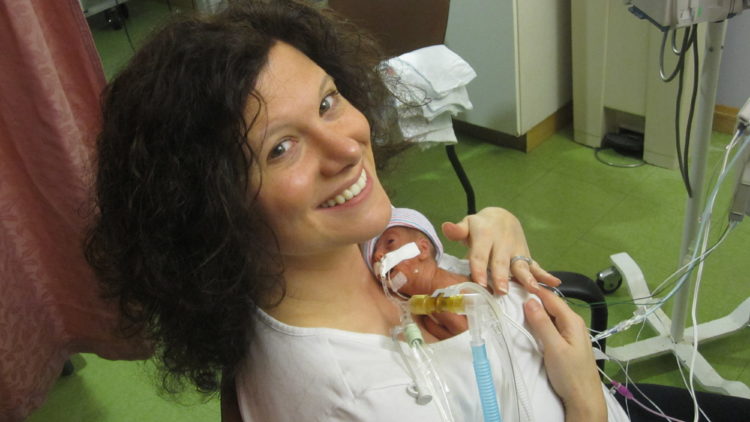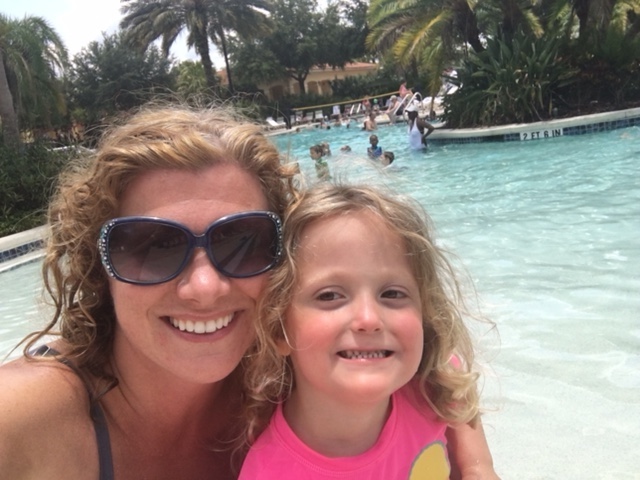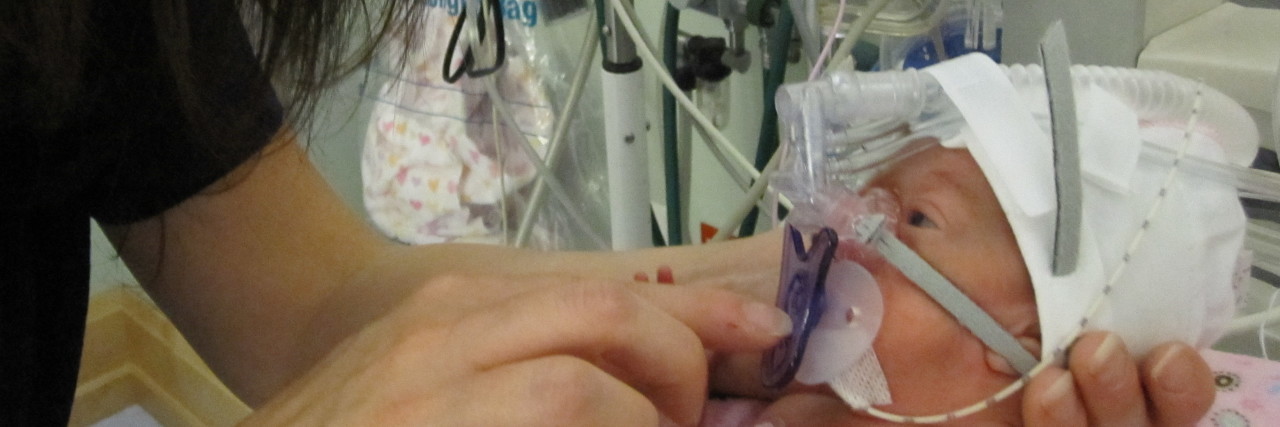While mask-wearing has become not only mandatory in most places, it is also something many of us are getting very used to. In fact, if you are paying attention as you drive around town, you’ll see people driving with their masks on — even when they are alone in their car.
There has been some recent discussion whether masks — on the children or on their teachers and caregivers — may interfere with children’s development, including speech, language and social development. According to a recent New York Times article, Kang Lee, a professor of applied psychology and human development at the University of Toronto, who studies the development of facial recognition skills in children, pointed to three potential problems masks might pose for children in interacting with classmates or teachers.
First, he said, kids under the age of 12 may have difficulty recognizing people, because they often focus on individual features. Second, and perhaps more important, he said, “a lot of our emotional information, we display through movement of our facial musculature.” Because that musculature and therefore that information will be obscured by a mask, he said, children may have issues with “emotional recognition and social interaction.” And finally, Dr. Lee said, children may have problems with speech recognition; even though we tend to think of speech communication as taking place through sound, he said, a great deal of information can be communicated visually.
Now I want you to think about how mask-wearing affects newborn babies who require prolonged hospitalization and where everyone is wearing masks at all times, including their parents.
I know, right?

The current guidelines from the CDC (Centers for Disease Control and Prevention) say “mothers should wear a mask and practice hand hygiene during all contact with their neonates.” A neonate is the technical term for a newborn baby under 4 weeks of age.
This issue has been on my mind for months, so I have been talking to pediatricians, social workers and other relevant developmental experts to get their opinions.
Why am I thinking about this?
My daughter was born extremely premature at 23 weeks gestation in 2012. She weighed only 1 pound and 4 ounces (575 grams) at birth and was only 11 ¾ inches long. She fought for her life for 121 days in the neonatal intensive care unit (NICU) and was cared for by dozens of doctors, nurses and specialists who did not wear masks unless they were performing a sterile procedure on her. My husband and I would visit her for as many hours as humanly possible each day and we did not wear masks.
She got to see us smile when we spoke to her.
She got to see us smile when we spoke about her to the staff.
She got to clearly see our facial expressions when we spoke about anything.
Our voices were clear when we spoke to her.
Our facial expressions were visible and voices were clear to her when we sang “You Are My Sunshine” and some of our other favorite songs.
She got to see the facial expressions and smiles of the nurses and doctors that took care of her and held her.
She could see me smile and blow kisses at her while I held her and fed her.

All of this has been taken away from our precious newborn babies in the NICU. The first images of human faces for all babies born today will be faces covered in masks. It makes me wonder what that does to the fragile and new human brain. “It’s critical that children with low emotional confidence or social delays have the opportunity to study facial features, particularly within the first three years of life,” says Susan McNerney. Susan is a licensed clinical social worker (LCSWR) specializing in developmental care, a family therapist and childbirth coach in Putnam County, New York.
“So much of repetitive behavior (both positive and negative) is based on ‘checking’ responses of caregivers for confirmation of experiences; empathetic, encouraging or discouraging behaviors or responses. This is how babies and toddlers and all mammals learn and are socialized.” Susan continues to say that it’s possible that babies could develop social and developmental delays due to the inability to gauge feedback from their caregivers. “What a remarkable opportunity to consider children in not just the current pandemic, but also in long-term medical care.”
Please understand that I am not advocating for people to stop wearing masks. I am a self-diagnosed germaphobe that fears every bacteria and virus since my daughter’s premature birth and I wear my mask all day at work while I’m teaching and everywhere I go (which is basically nowhere during this pandemic!) until I get home. I am just asking about potential adverse negative effects mask-wearing may have on our babies.
“We learn from what we see, and what I see is that the absence of appropriate visual stimuli may contribute to a range of deficits in learning about human behavior or language in the first year of life. We will need to track this,” says Dr. Edmund LaGamma, Chief, Division of Newborn Medicine, Maria Fareri Children’s Hospital at Westchester Medical Center in New York.
Will our NICU babies be more introverted as they grow? Will they be less able to look people in the eyes? Will they need to learn how to read human expressions of kindness and love through other ways? Will their development be slowed because they cannot see us and hear us all as clearly as they should? Will they not smile as much? Perhaps we all need to look for ways to address this now, before our babies are affected, because I don’t see the need for mask-wearing going away anytime soon.
Some masks are now being made with clear plastic around the mouth so people can see you smile. I bought one for myself to use while I’m teaching. The Oregon Health and Science University (OHSU) is now allowing parents to use these clear, plastic masks in the NICU. People are getting better at using FaceTime and other facial communication apps so we can still all connect. How can similar technology be used in the NICU?
I challenge the entrepreneurs, inventors and innovators out there to develop new tools to help our babies safely see our smiles and clearly hear our voices so they can develop as they should and connect with those who love them.


